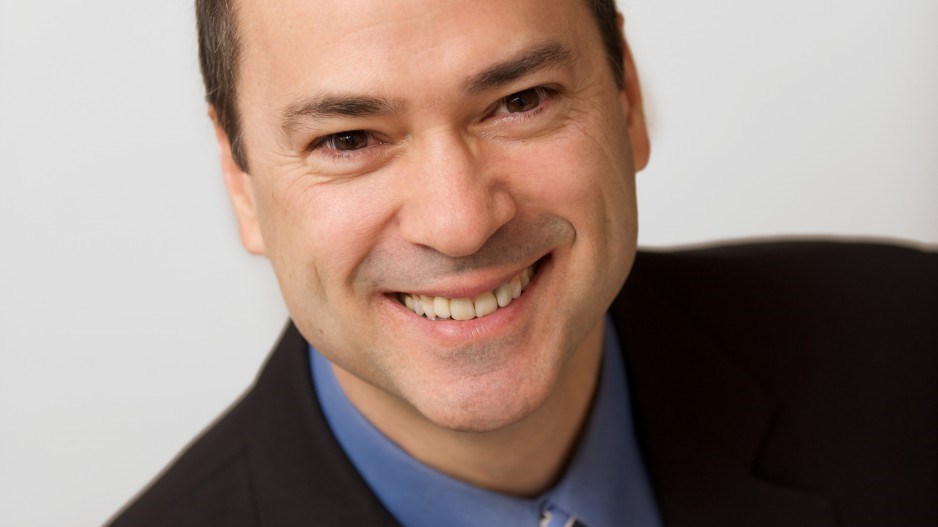B.C.’s Agricultural Land Reserve (ALR) holds land long coveted by real estate developers, but the farmland is now facing a new threat from foreign investors dealing in carbon credits, according to the BC Agriculture Council.
In a recent survey of Metro Vancouver developers, nearly a third of respondents said a lack of land is the biggest long-term challenge facing the real estate industry. And many of them cited the ALR as a major obstacle to bringing much-needed land to market.
The ALR, which largely restricts land use to agricultural purposes, covers about 150,000 acres in the Lower Mainland and accounts for 22% of the region’s land base.
In comparison, there is only 476 acres of privately owned land that is serviced and ready for industrial development, according to NAIOP, the Vancouver organization representing commercial real estate developers.
But the BC Agriculture Council has written to the government twice in the past month with concerns about foreign ownership of farm land – and it has nothing to do with commercial real estate.
The concerns arose from a British manufacturing company's moves in the Nechako Valley, Prince George and Cariboo regions, where trees are being planted on former farmland to collect carbon credits and offset the firm's emissions elsewhere, according to council chairman Stan Vander Waal.
He said current land-use policies are not adequately managing foreign ownership of farm land, and the issue has become a high priority for the agriculture council.
"With renewed interest to use B.C. farm land for purposes unrelated to food production, there is an immediate need for government to proactively manage, and in some instances restrict, certain activities on lands reserved for agriculture,” Vander Wahl said.
Agricultural Land Reserve by the numbers:11 million: Acres in the ALR in B.C. 150,000: acres of ALR in Metro Vancouver 21,000: ALR acres used for carbon credits 475: Acres of private, vacant land in Metro Vancouver serviced for industrial use. |
Using farmland to grow forests for carbon credits includes imposing a restrictive covenant for 100 years, to effectively guarantee the credits.
Vander Waal said the commission mostly learns of the covenants only after the land is removed from production.
Agriculture Minister Norm Letnick said tree-farming is a permitted ALR use, but imposing covenants has to go through the land commission for the covenant to hold any weight. That requirement was imposed in 2011 by an amendment that was passed unanimously in the legislature, he said.
"I would ask the members on both sides of the House to give the Agricultural Land Commission a chance to do their work,” Letnick said.
Letnick said the commission needs time to examine land proposed for carbon-offset use and see if there are compliance and enforcement issues.
"If [covenants] have been placed improperly, they have all the tools necessary to take care of the issue."
There are 11 million acres in the ALR, and the ministry estimates about 21,000 acres are being used to grow trees for carbon credits.
The British firm buying the B.C. farmland for carbon credits – Reckitt Benckiser Group plc- says it has planted several million seedlings in B.C. on "previously deforested land."




